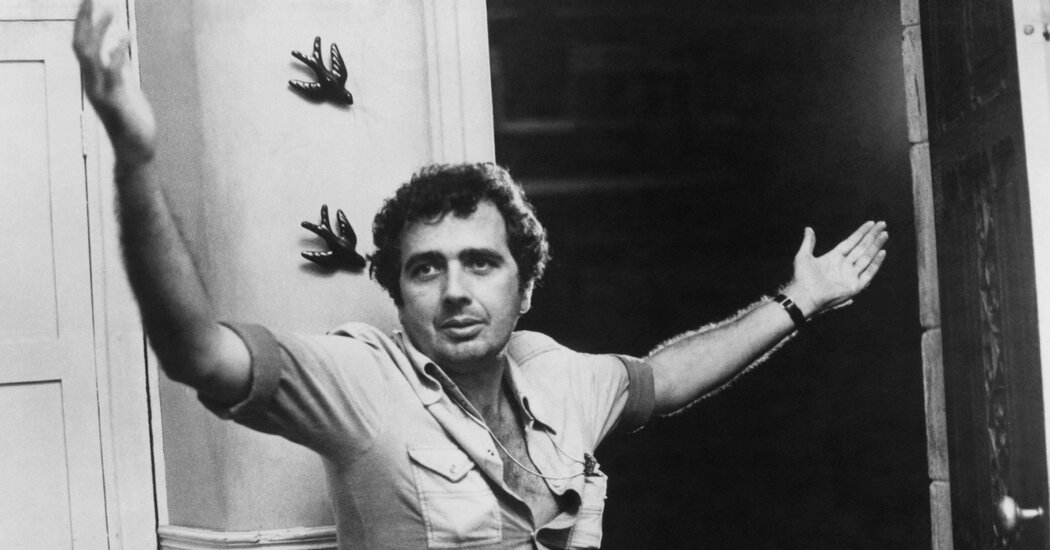Carlos Diegues, a film director who celebrated Brazil’s ethnic richness and social turbulence, helping to forge a new path for cinema in his country, died on Feb. 14 in Rio de Janeiro. He was 84.
His death was announced by the Brazilian Academy of Letters, of which he was a member. The academy said the cause was complications of surgery. The Rio newspaper O Globo, for which Mr. Diegues wrote a column, reported that he had suffered “cardiocirculatory complications” before the surgery.
Mr. Diegues, who was known as Cacá, was a founder of Cinema Novo, a modern school of Brazilian cinema that combined Italian Neo-Realism, documentary style and uniquely Latin American fantasy. He focused on hitherto marginal groups – Afro-Brazilians, the poor, disoriented provincials in an urbanizing Brazil – and was the first Brazilian director to employ Black actors as protagonists, in “Ganga Zumba,” (1963), a narrative of enslavement and revolt that was an early cinematic foray into Brazil’s history of racial violence.
The often lyrical results, expressed over the course of 60 years in dozens of features and documentaries, charmed audiences in his own country and abroad, though critics sometimes reproached him for loose screenplays and rough-edged camera work.
Mr. Diegues’s international breakthrough film, “Bye Bye Brazil” (1979), nominated for a Palme d’Or at Cannes, is considered the apotheosis of his dramatic visual style and of his preoccupation with those on the margins of Brazilian society. It follows a feckless group of rascally street performers through the outback, documenting a vanishing Brazil where citizens in remote towns are beguiled by fake falling snowflakes – actually shredded coconut – and hypnotized, literally, by a rare communal television set.
Vincent Canby, writing in The New York Times, called “Bye Bye Brazil” a “curious, quiet, introspective sort of film, which pays attention to the changing nature of a Brazil that is paying increasingly less attention to these nearly extinct players.”
The film’s characteristic mix – the camera documents the landscape’s spareness while spinning a distinctive magic realist web around it, and the performers themselves are fantastical, extravagant and grittily impoverished – was intrinsic to Cinema Novo, and to Mr. Diegues’s style.
Mr. Diegues reached into Brazil’s racial and social conflicts through history and sociology, in films including “Quilombo” (1984), about people who escaped slavery in the 17th century; “Xica da Silva” (1976), about an enslaved 18th-century enchantress; and his “Orpheus” (“Orfeu”) a 1999 retelling of the Orpheus and Euridice myth set in the modern-day favelas, or slums, of Rio.
Source link




